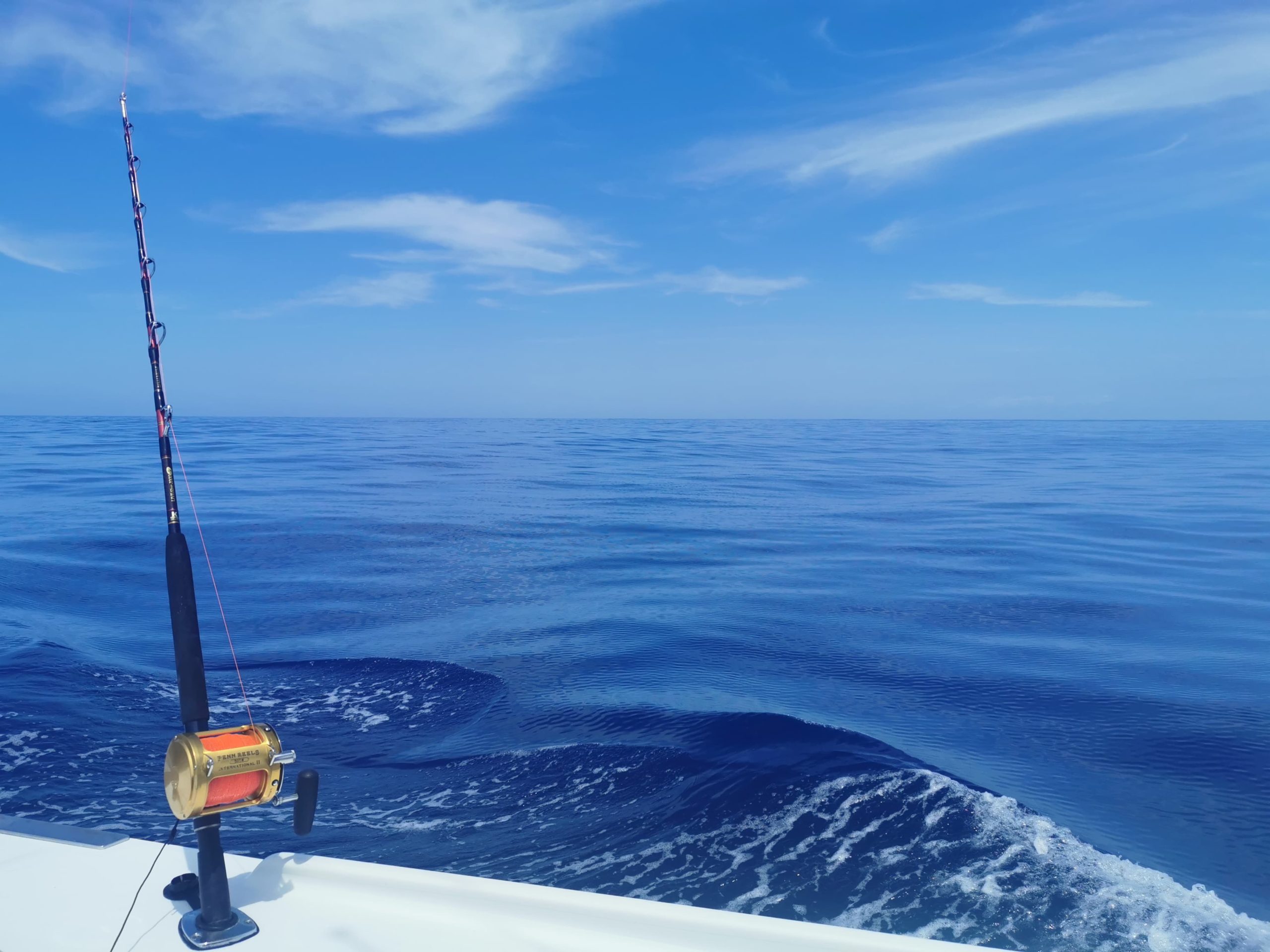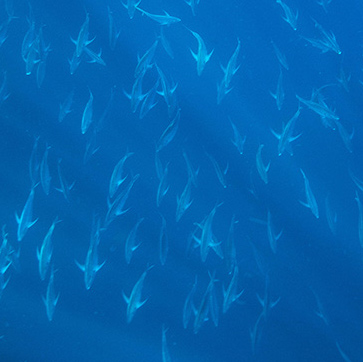No, it depends on your definition of “sustainable”. Under the Quota Management System the stocks that get the most attention are usually the ones that are important to commercial interests. That means most effort is directed to delivering proposals that increase commercial catch limits, or churning out science that supports the maintenance of existing catch limits, even in fish stocks that are clearly depleted.
The reviews do give the public the opportunity to have a say in how the fish stock ought to be managed in the future. This gives everyone a chance to express how fishing has changed in their area and how they would like the fishery to be better managed. LegaSea and other organisations often develop online tools to enable people to easily submit in response to the proposals. The New Zealand Sport Fishing Council determines its capacity then selects the stocks it will review and submit on by the deadline set by Fisheries NZ.
Sustainability is defined (in part) in the Fisheries Act 1996 as:
- Maintaining the potential of fisheries resources to meet the reasonably foreseeable needs of future generations; and
- Avoiding, remedying, or mitigating any adverse effects of fishing on the aquatic environment.


